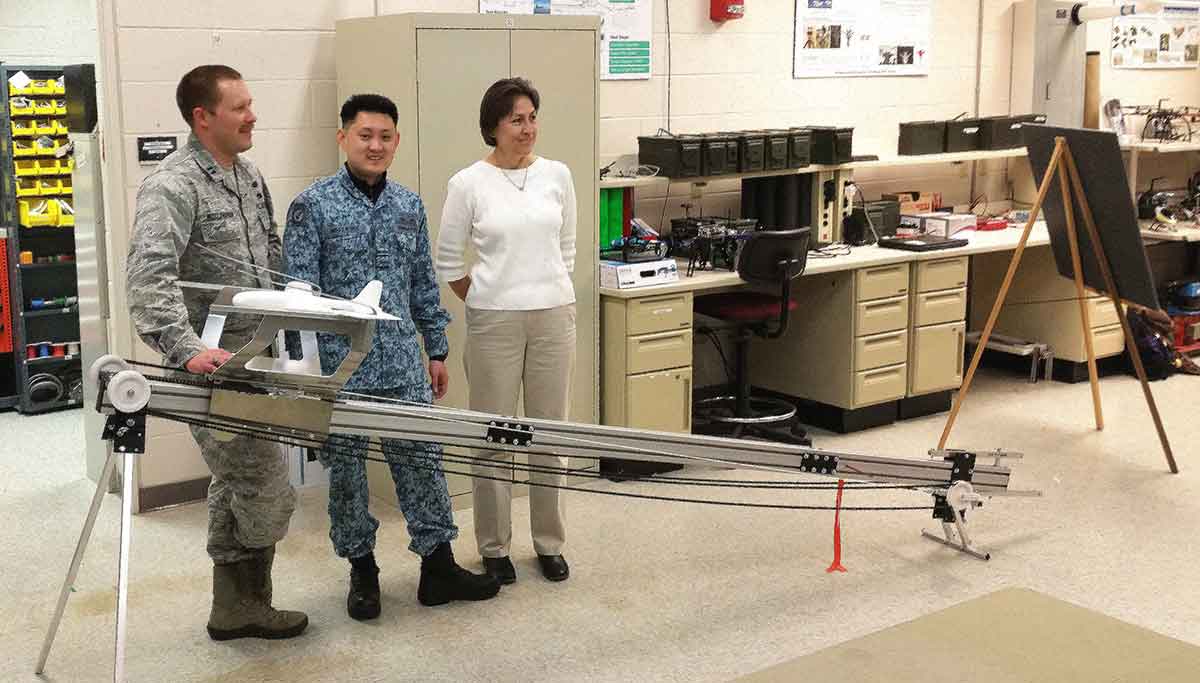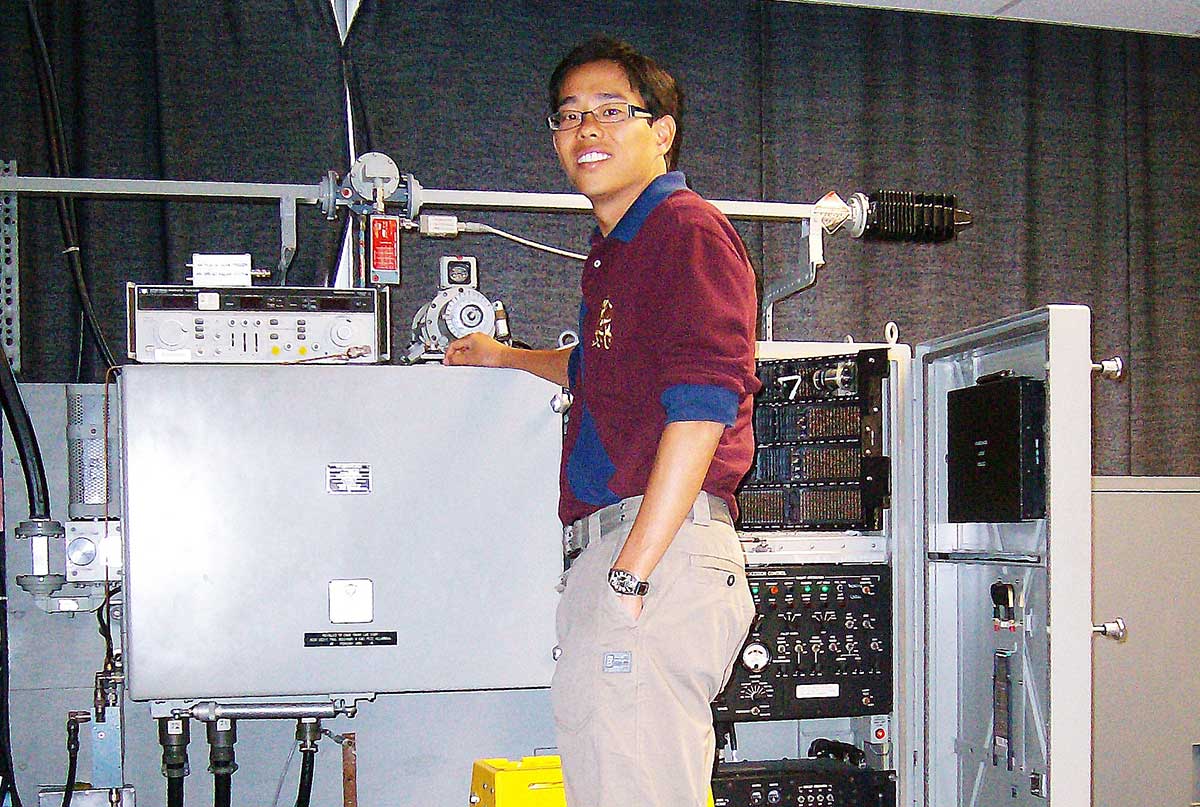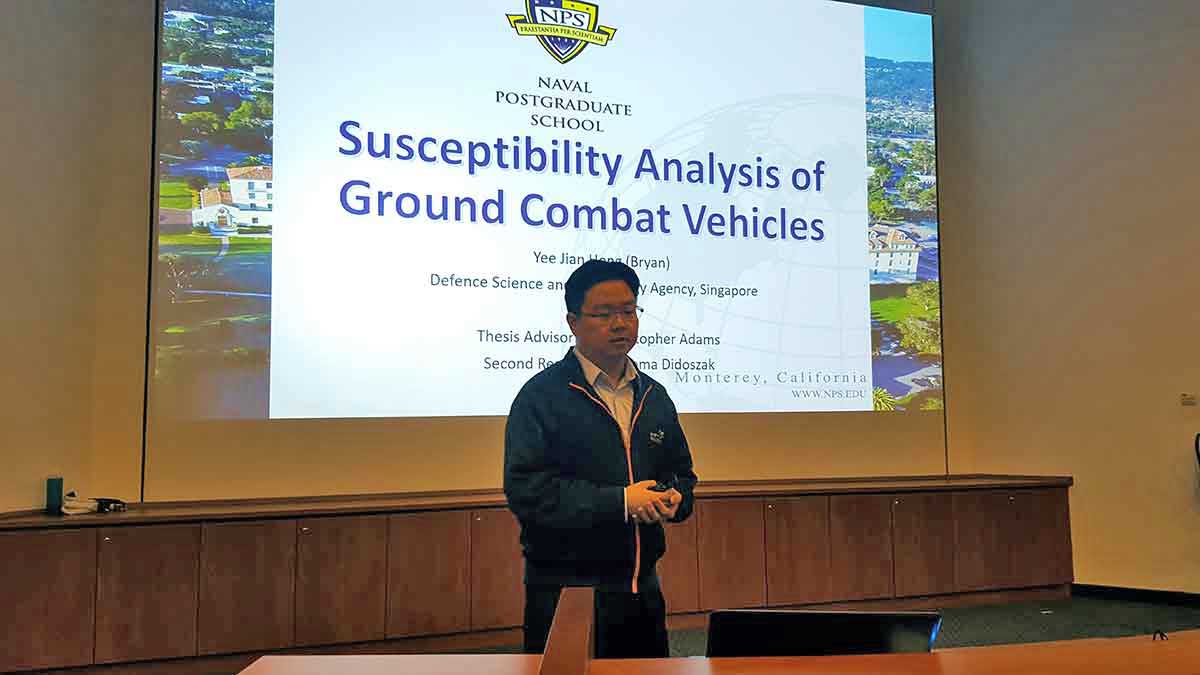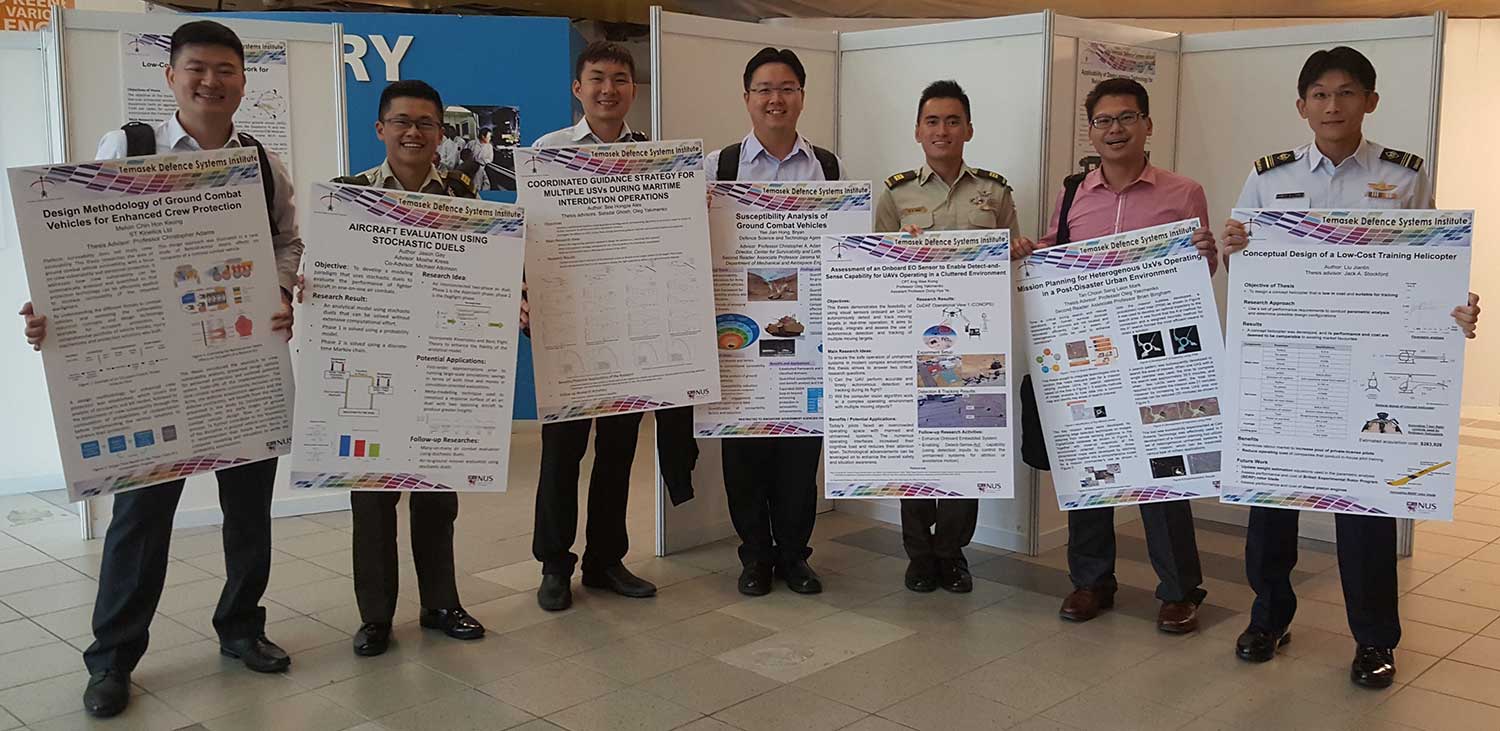Master of
Defence Technology and Systems
MDTS Programme
Master of Defence Technology and Systems
Why MDTS?
Launched in
2001
Dual Master’s of Science degree in 18 months
Draw expertise from top-ranking NUS and Defence Universities in the world
Syllabus tailored to the defence community
Emphasis on systems thinking skills and the applications of systems engineering in defence systems
Develop unique and valuable skillsets for career advancement
Ability to assess the big picture with an overarching view of military systems
Curriculum
Designed by NPS, NUS and the Defence Community in Singapore
(T-structure Curriculum)
Value-Add
TDSI Graduates Gain a Competitive Edge in Defence-related Organisations
Ability to build on one’s domain knowledge through the rigorous curriculum
Equip to design and develop solutions that are holistic and optimal
Opportunities to leverage on the networks established among the defence community in Singapore and globally
Programme Structure
The 18-months MDTS programme is divided into two parts:
the Common Curriculum and the Specialised Curriculum.
The Common Curriculum aims to provide students with a broad range of knowledge pertaining to systems engineering and introduction to key defence technologies. Here, the learning emphasis is on systems thinking. It comprises a list of coursework modules to be conducted in NUS within the first 2 quarters of the programme. The students then proceed to NPS, AFIT or Cranfield University where they will embark on the “Integration Project” over the subsequent 2 quarters.
The Specialised Curriculum aims to provide students with in-depth knowledge of a specific field in defence technology. Students are required to choose one of the specialisation tracks available. The Specialised Curriculum comprises another 10 coursework modules and a “Thesis Research”.
Programme Structure
The 18-months MDTS programme is divided into two parts:
the Common Curriculum and the Specialised Curriculum.
The Common Curriculum aims to provide students with a broad range of knowledge pertaining to systems engineering and introduction to key defence technologies. Here, the learning emphasis is on systems thinking. It comprises a list of courses to be conducted in NUS within the first 2 quarters of the programme. The students then proceed to NPS, AFIT or Cranfield University where they will embark on the “Integration Project” over the subsequent 2 quarters.
The Specialised Curriculum aims to provide students with in-depth knowledge of a specific field in defence technology. Students are required to choose one of the specialisation tracks available. The Specialised Curriculum comprises another 10 courses and a “Thesis Research”.




